Reassessing Morality in Death Note: Unraveling the True Nature of Light Yagami
 "Death Note" - Between Law and Morality
"Death Note" - Between Law and Morality
"Death Note" is a work that has not only left a significant mark on manga and anime culture but also captured the attention of audiences worldwide with its complex and provocative themes. Created by Tsugumi Ōba and illustrated by Takeshi Obata, the story follows a young genius, Light Yagami, who stumbles upon a mysterious notebook with the power to kill anyone whose name is written inside. This death tool, formerly belonging to a Shinigami, a death god, presents Light with the opportunity to administer justice on his own terms, leading to deep reflections on the boundaries of morality, ethics, and responsibility.
Though "Death Note" can be seen as a gripping psychological thriller, it is also a subtle analysis of the legal system and the principles of justice that govern our society. Armed with his own interpretation of what is just, Light begins a mission to "cleanse the world" of criminals. His actions, though initially seemingly noble, quickly reveal the dark aspects of human nature and show how easily the boundaries between good and evil can become blurred when power and a belief in one’s own moral superiority take over. "Death Note" poses the question of where the line of justice lies and whether there is room for individual interpretation of the law in a society striving to maintain order and equality.
 So, who is Light Yagami, and what principles guide him?
So, who is Light Yagami, and what principles guide him?
One of the key aspects that draw viewers to "Death Note" is the moral and psychological complexity of the main character, Light Yagami. His character is presented controversially, leaving viewers space for interpretation and reflection on his motivations and choices. Light, an exemplary student and the son of a police officer, seems to be the last person who would decide to take such radical steps in the fight against evil. However, his encounter with the "Death Note" and the possibilities it opens up reveal in him a desire for justice that quickly turns into an obsessive need to administer punishment. It is up to the viewer to judge whether a sense of justice still guides Light in later episodes, or if it is the desire for power that prevails.
Light’s character and his actions in "Death Note" reflect certain aspects of the Japanese legal system and societal expectations regarding justice, at least for the purposes of this article. Japanese legal culture is characterized by a strong belief in authority and obedience to the law, which is reflected in Light’s attitude, initially believing that his actions are justified and serve the greater good. However, his interpretation of justice quickly deviates from established norms and laws, leading to questions about whether an individual has the right to decide about the life and death of others, even in the name of higher ideals.
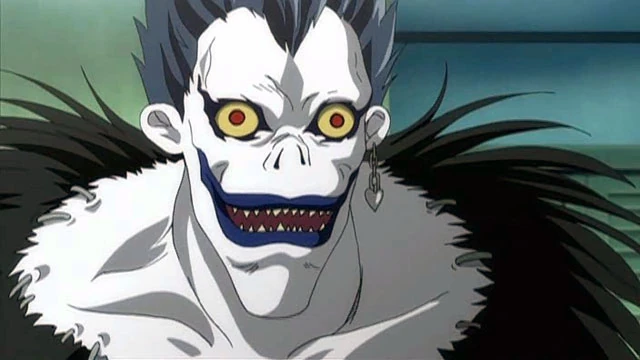
 Light Yagami: A Portrait of Justice or Vengeance?
Light Yagami: A Portrait of Justice or Vengeance?
Light Yagami, as the main protagonist of "Death Note," has a significant impact on the audience due to his complex nature and character evolution. Initially presented as a conscientious and intelligent student who seeks justice, Light quickly succumbs to the corruption brought about by the power of the "Death Note". His transformation from a justice-seeker to someone who considers himself a god is a key element of the series that prompts reflection. Despite (or perhaps because of) his intelligence and strategic thinking skills, Light begins to lose his sense of morality, leading to the question of whether his actions are still justified.
Analyzing Light’s character, it is worth noting that his actions are driven by a desire for justice but quickly turn into an obsessive need for control and power. Light believes that by eliminating criminals, he is creating a world that is better and more just. However, this vision of justice is highly personalized and subjective, based on Light’s own notions of what is good and what is evil. In this way, Light becomes judge, jury, and executioner in one, which goes against the fundamental principles of social justice and law.
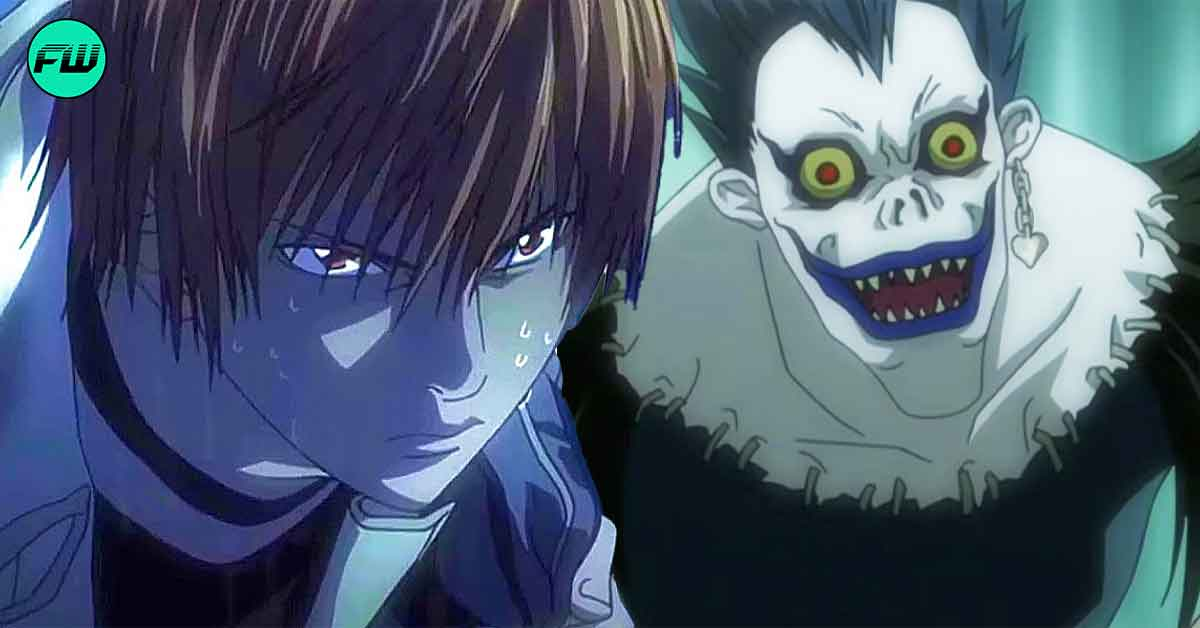
In summary, Light Yagami is a character that prompts deep reflection on the nature of justice and morality. His initial intentions, though noble, quickly become distorted, and his methods of action call into question the entire concept of justice. "Death Note" presents viewers with a complex portrait of a young man who becomes a victim of his own aspirations and desires, simultaneously showing how thin the line between justice and vengeance can be.
 Japanese Legal System in "Death Note": An Insightful Glimpse
Japanese Legal System in "Death Note": An Insightful Glimpse
"Death Note" provides viewers with a unique insight into the Japanese legal system, showcasing both its strengths and flaws. The manga and anime series delves into the workings of law in Japan, simultaneously critiquing various aspects of it. For instance, the series sheds light on how investigations are conducted and how suspects are treated. This is evident in the investigation against Light Yagami, displaying intense detective work as well as the heavy pressure placed on suspects.
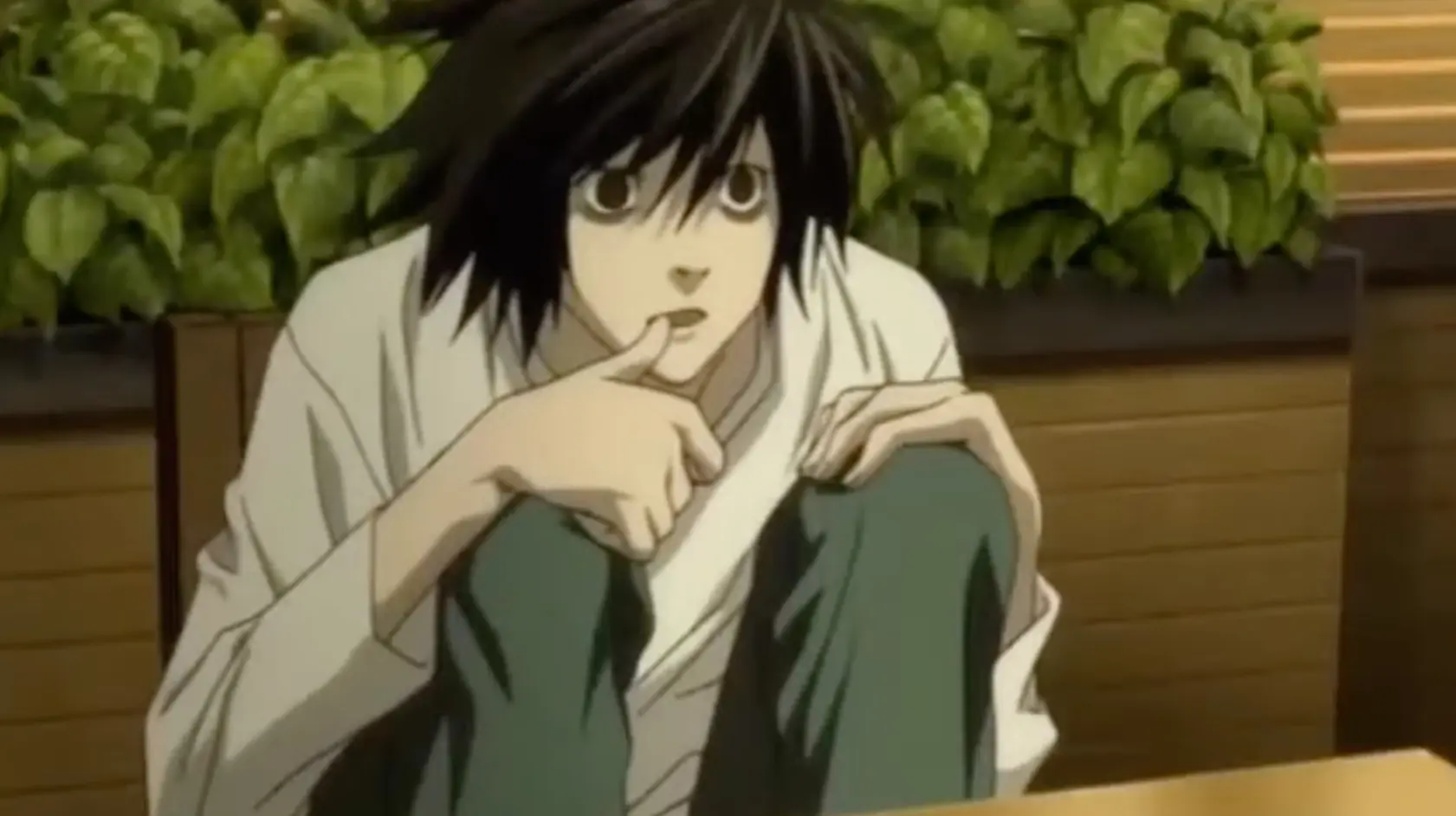
Compared to Western legal systems, the Japanese system portrayed in "Death Note" seems to be more result-oriented than process-oriented. In Western countries, such as the United States, there is a strong belief in the innocence of the accused until proven guilty. In Japan, at least as depicted in the series, there seems to be a presumption of guilt, with the entire legal machinery geared towards a swift resolution of the case.
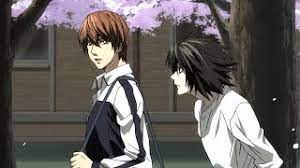
"Death Note" portrays the Japanese legal system as complicated and full of contradictions. On one hand, there is a strong sense of justice and a determination to pursue criminals; on the other, there is a readiness to use controversial methods and sacrifice individual rights for the "greater good". This highlights how manga and anime can serve as mediums for social analysis and critique, shining a light on aspects of social life that often remain hidden.
 Light Yagami's Inner Turmoil: Philosophical Considerations
Light Yagami's Inner Turmoil: Philosophical Considerations
Light Yagami, the protagonist of "Death Note", is a complex character, whose inner world is filled with contradictions and conflicts. His journey from being a model student to a ruthless executioner reveals the moral and ethical dilemmas faced by contemporary society. Initially, Light is filled with idealistic beliefs about creating a better world free from crime. However, as he uses the Death Note, his perception of justice becomes distorted, and he becomes judge, jury, and executioner all in one.
A testament to how Light’s internal conflict affects others is his relationship with his father, Soichiro Yagami. Soichiro, a police officer, represents traditional values of justice and order. His faith in the legal system and dedication to capturing Kira puts him in direct conflict with his son, though he remains unaware of it. Light’s inner struggle becomes even more complex as he must simultaneously conceal his identity and manipulate his father in pursuit of his higher goals.
In a similar vein, Light's relationship with L, the mysterious detective, illustrates how inner conflict can lead to destruction. L, like Soichiro, believes in justice but is willing to cross ethical boundaries to achieve his goals. The cat-and-mouse game between Light and L becomes a metaphor for the philosophical question of the nature of good and evil, truth and lies, justice and injustice.
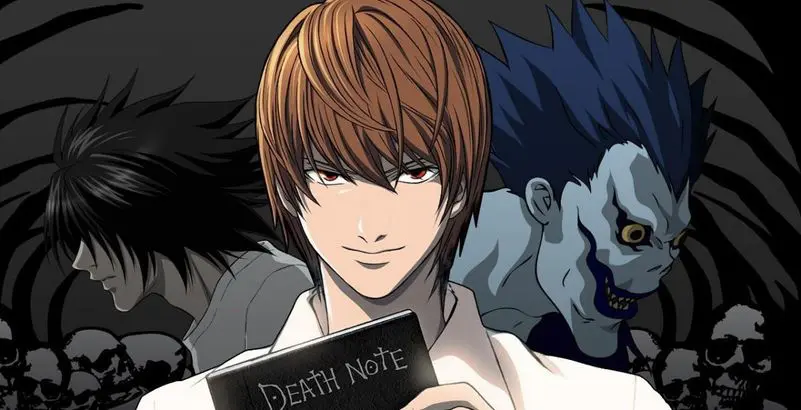
Consequently, "Death Note" becomes a rich field for philosophical contemplation on the nature of humanity, ethics, and justice. The internal conflict of Light Yagami, his impact on others, and the consequences of his actions, all contribute to a comprehensive analysis of how far a person is willing to go to achieve their goals, and what the moral boundaries of such pursuit are.
 Regarding the connection between Light Yagami and Nietzschean philosophy
Regarding the connection between Light Yagami and Nietzschean philosophy
If we were to juxtapose Light Yagami with Nietzschean philosophy, he could represent a complex and ambiguous figure. Friedrich Nietzsche, a 19th-century German philosopher, was a controversial figure, and his ideas are often interpreted in various ways. One of his key concepts is "Übermensch," a term that could be related to Light Yagami in "Death Note." Übermensch refers to the idea of the "overman" or "superman," an individual who transcends social and moral limitations, striving to create their own values. Light, with his Death Note, becomes a symbol of such an overman, rejecting external moral and legal systems to implement his own rules.
However, Nietzsche also emphasized that the Übermensch is not a tyrannical or despotic individual. For him, the overman was someone who creates their own values, but does so in a creative rather than destructive manner. In "Death Note," we see how Light gradually deviates from this idea, becoming more despotic and losing all empathy towards others. His actions, though initially motivated by a desire for justice, transform into a ruthless pursuit of power, making him less of a "self-ruler" and more of a slave to others (because he has to seek power over them, and is consequently ruled by them).
In this understanding, "Death Note" could be seen as an experiment. We give an exceptional individual (Light Yagami) the opportunity (the Death Note) to rise above the mediocrity of society, and we observe what happens. Will an Übermensch emerge? Or will the exceptional individual fall? In this context, Light Yagami, unfortunately, moves away from the Übermensch and closer to what Nietzsche's Zarathustra warned against – the Last Man.
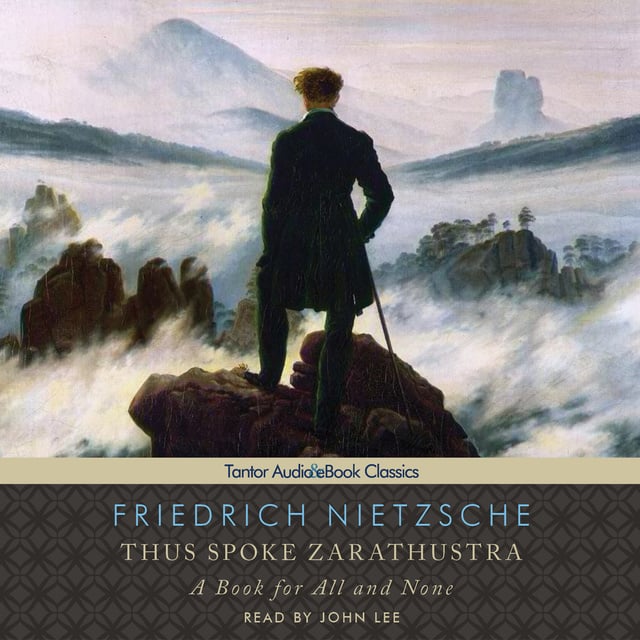
Finally, in "Death Note," we can see a reflection of Nietzsche's criticism of traditional morality. Nietzsche argued that societies are constrained by outdated and arbitrary value systems, and that true freedom and greatness are only possible through the rejection of these limitations (though we must remember that the contemporary world significantly differs from the world Nietzsche encountered in 19th-century Europe). Light, although his methods are extreme, in his own way challenges social and legal norms, questioning what is truly just. However, in the final analysis, his path leads to isolation and destruction, showing that without reflection and self-understanding, even the most radical rejection of tradition can lead to downfall.
 Pessimistic Conclusions
Pessimistic Conclusions
Throughout our journey into the complex world of "Death Note", we have delved not only into the internal conflicts and transformations of Light Yagami, but also into the broader contexts of the Japanese legal system and societal expectations regarding justice. The analysis has shown that "Death Note" is not just a fascinating detective story, but also a deep meditation on morality, power, and human nature, exposing both the strengths and weaknesses of the Japanese approach to law and order.
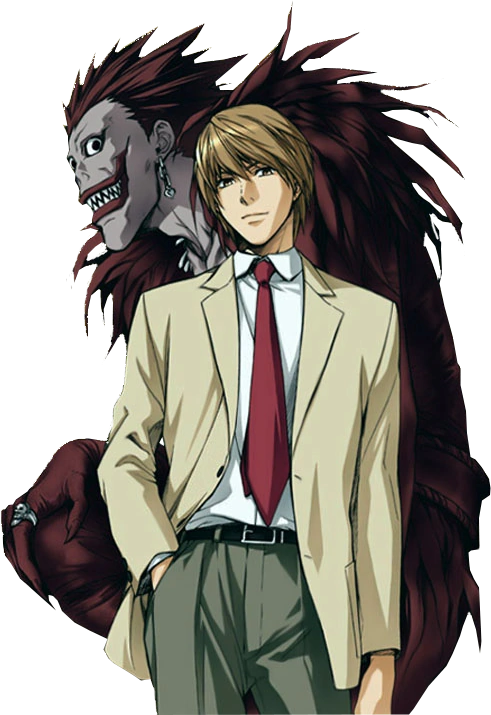
Finally, the anime "Death Note" attempts to answer the question: given the means, will modern man rise to the heights of his potential and prove strong enough to use new perspectives to transform himself into something new (the Übermensch), or will he prove too weak and fall, as a slave to other people (even if externally he appears as a ruler and tyrant)? The answer provided by "Death Note" does not seem optimistic…
"He who fights with monsters should be careful lest he thereby become a monster. And if you gaze long enough into an abyss, the abyss will gaze back into you." – Friedrich Nietzsche, "Beyond Good and Evil", 1886
"Strong Japanese Women"
see book by the author
of the page
未開 ソビエライ
An enthusiast of Asian culture with a deep appreciation for the diverse philosophies of the world. By education, a psychologist and philologist specializing in Korean studies. At heart, a programmer (primarily for Android) and a passionate technology enthusiast, as well as a practitioner of Zen and mono no aware. In moments of tranquility, adheres to a disciplined lifestyle, firmly believing that perseverance, continuous personal growth, and dedication to one's passions are the wisest paths in life. Author of the book "Strong Women of Japan" (>>see more)
Personal motto:
"The most powerful force in the universe is compound interest." - Albert Einstein (probably)
Mike Soray
(aka Michał Sobieraj)
未開 ソビエライ
An enthusiast of Asian culture with a deep appreciation for the diverse philosophies of the world. By education, a psychologist and philologist specializing in Korean studies. At heart, a programmer (primarily for Android) and a passionate technology enthusiast, as well as a practitioner of Zen and mono no aware. In moments of tranquility, adheres to a disciplined lifestyle, firmly believing that perseverance, continuous personal growth, and dedication to one's passions are the wisest paths in life. Author of the book "Strong Women of Japan" (>>see more)
Personal motto:
"The most powerful force in the universe is compound interest." - Albert Einstein (probably)
Mike Soray
(aka Michał Sobieraj)
Write us...
Ciechanów, Polska
dr.imyon@gmail.com
___________________
inari.smart
Would you like to share your thoughts or feedback about our website or app? Leave us a message, and we’ll get back to you quickly. We value your perspective!
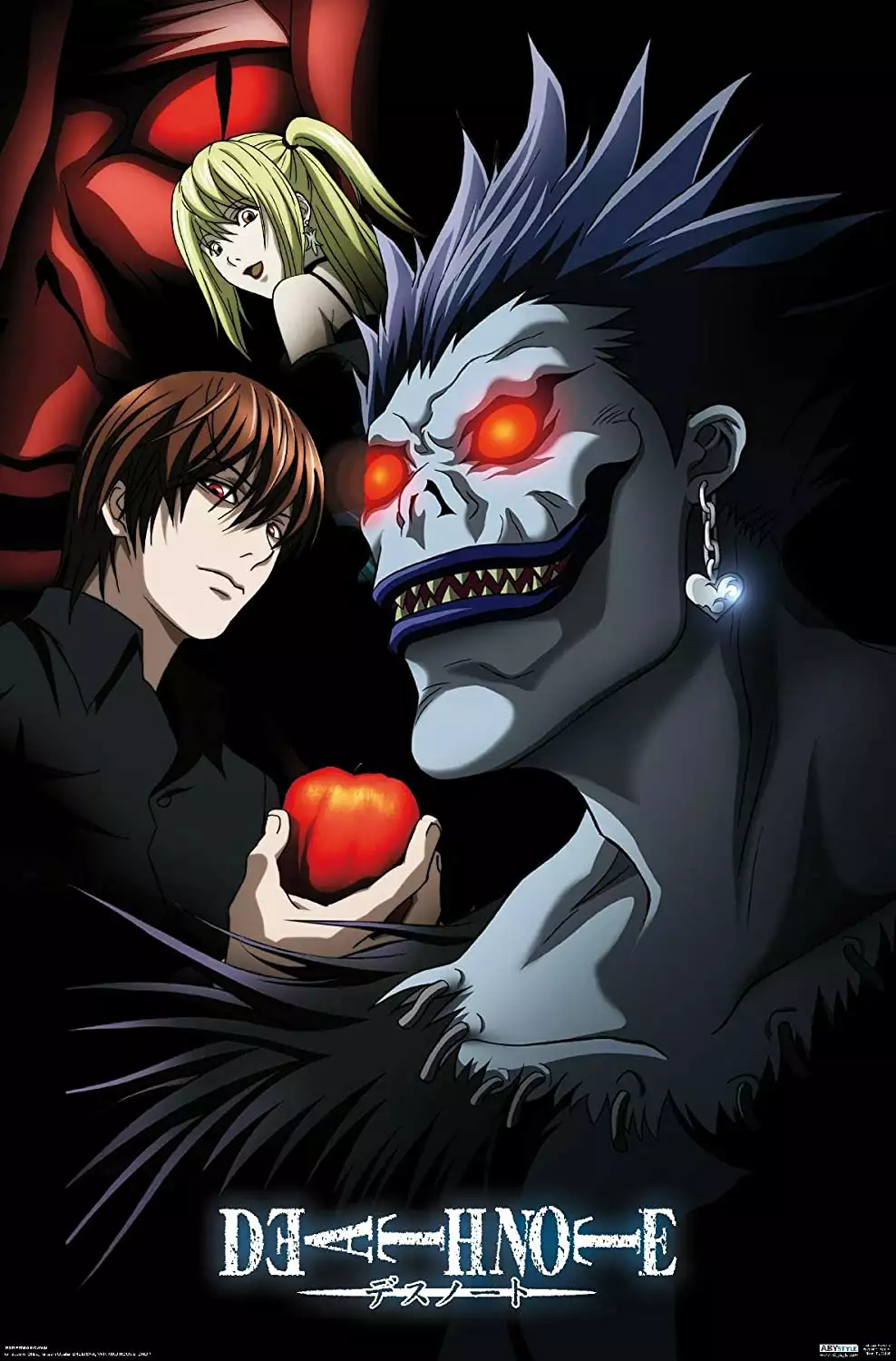 "Death Note" - Between Law and Morality
"Death Note" - Between Law and Morality 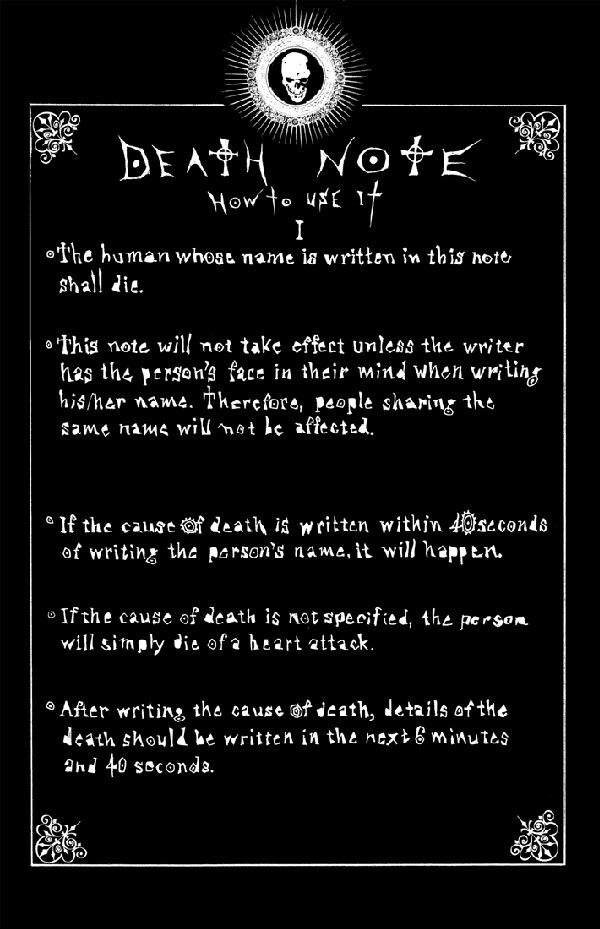 So, who is Light Yagami, and what principles guide him?
So, who is Light Yagami, and what principles guide him? 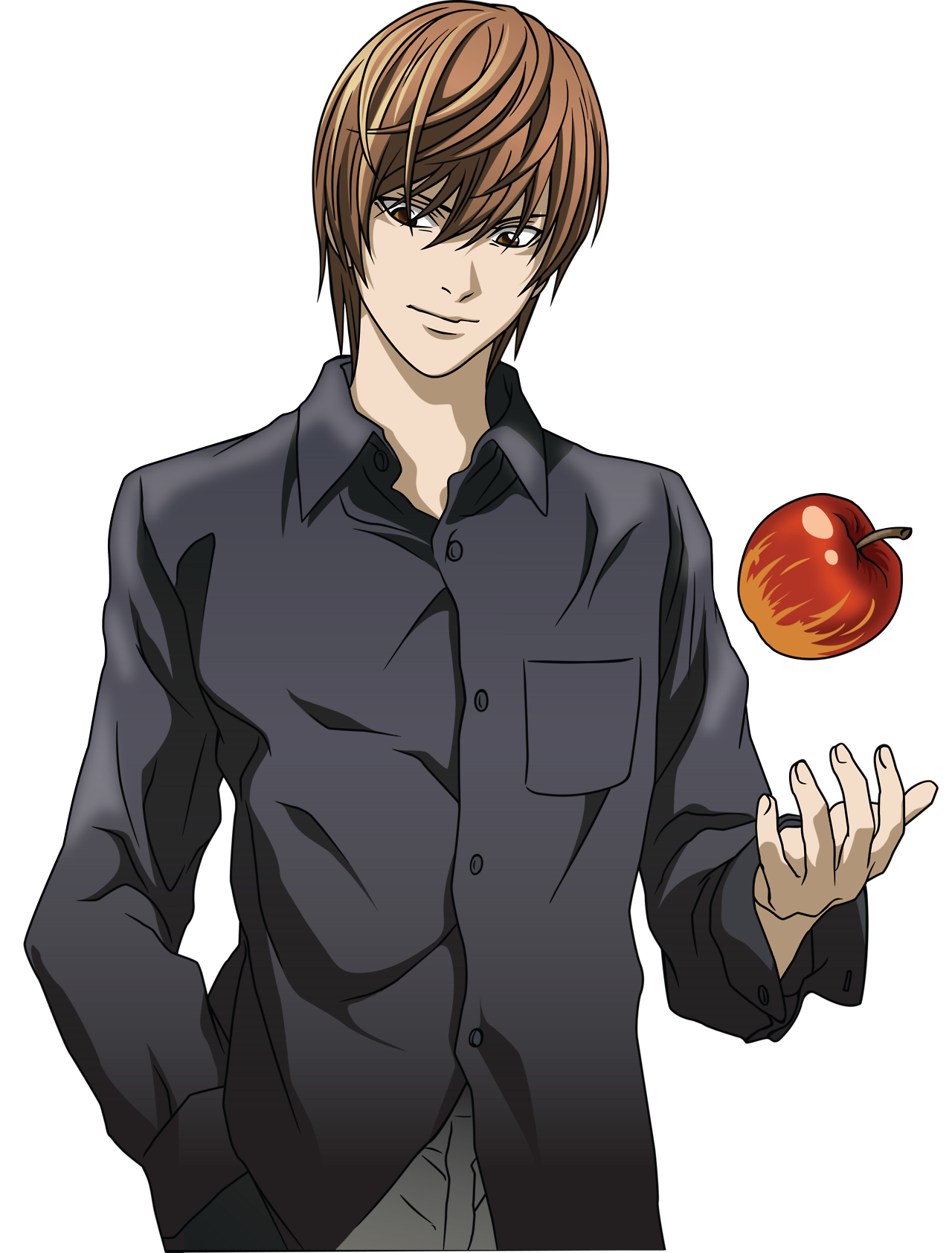 Light Yagami: A Portrait of Justice or Vengeance?
Light Yagami: A Portrait of Justice or Vengeance? 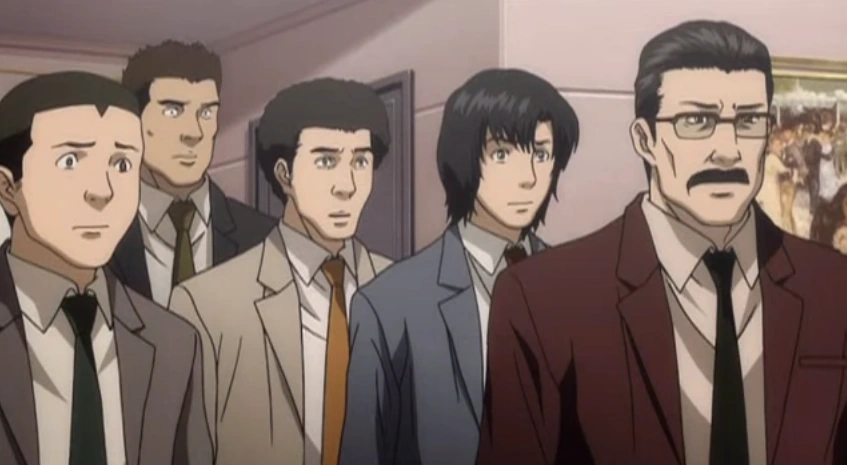 Japanese Legal System in "Death Note": An Insightful Glimpse
Japanese Legal System in "Death Note": An Insightful Glimpse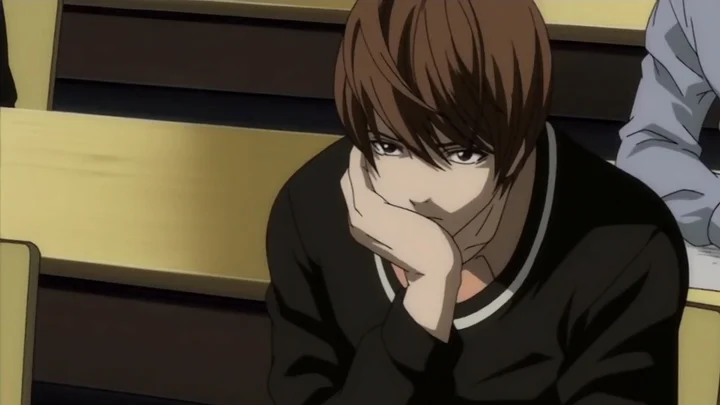 Light Yagami's Inner Turmoil: Philosophical Considerations
Light Yagami's Inner Turmoil: Philosophical Considerations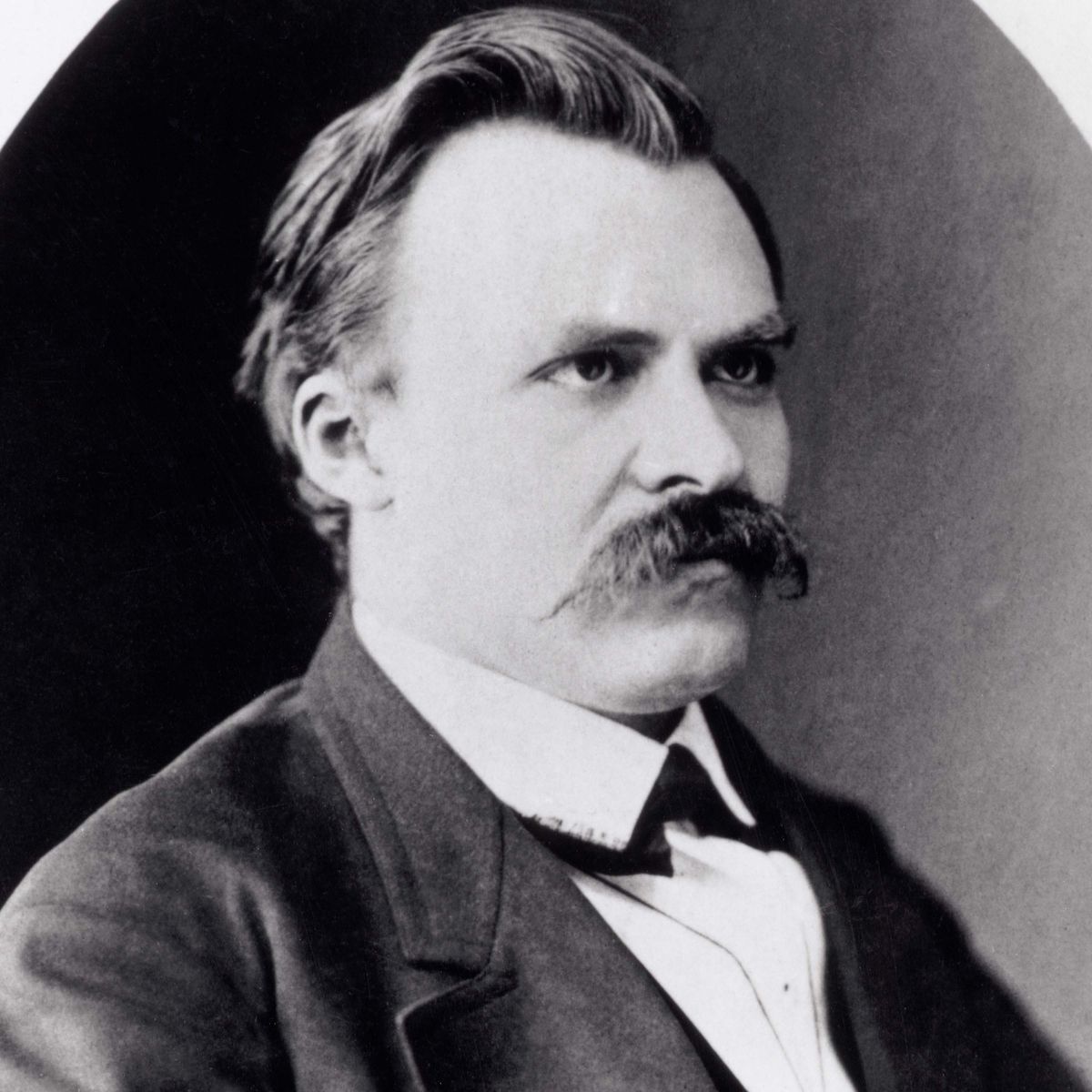 Regarding the connection between Light Yagami and Nietzschean philosophy
Regarding the connection between Light Yagami and Nietzschean philosophy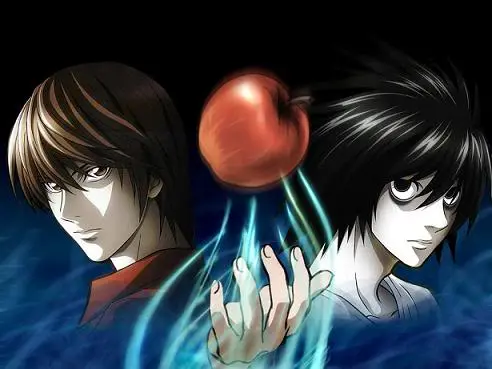 Pessimistic Conclusions
Pessimistic Conclusions

